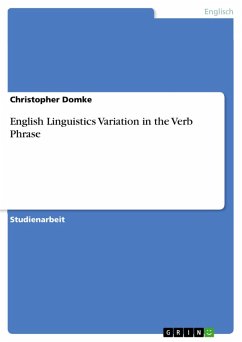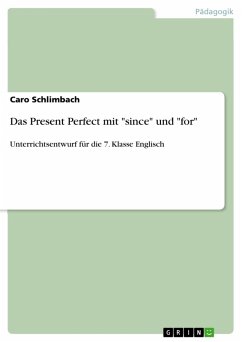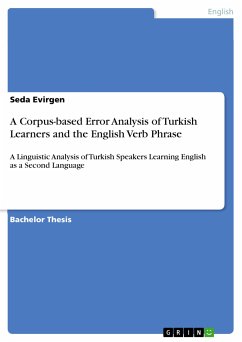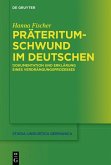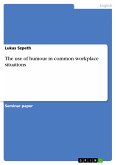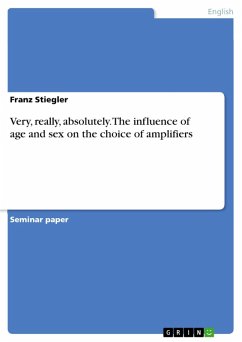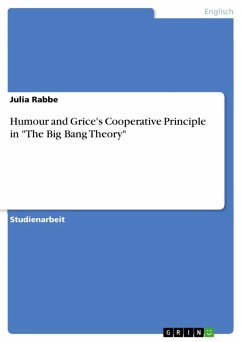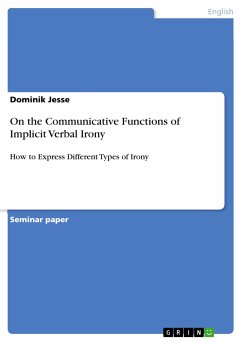Studienarbeit aus dem Jahr 2013 im Fachbereich Anglistik - Linguistik, Note: 1,7, Johannes Gutenberg-Universität Mainz (Fachbereich 05 Department of English and Linguistics), Veranstaltung: Variation in the Verb Phrase, Sprache: Deutsch, Abstract: In the following term paper I will briefly outline the development of the Simple Past and the Present Perfect throughout the years and then I will shortly summarize the modern use of these two tenses of both speakers of British and American English. In Present-Day English, references to the past can be expressed either by the Present Perfect or the Simple Past and for each tense there are specific temporal adverbials. Some of them as yesterday, ago and last grammatically call for the Simple Past, while other temporal adverbials such as since and yet require the use of the Present Perfect. Recent corpus-based studies of Present-Day English have shown that the Present Perfect is more often used in British English than in American English.
Dieser Download kann aus rechtlichen Gründen nur mit Rechnungsadresse in A, B, BG, CY, CZ, D, DK, EW, E, FIN, F, GR, HR, H, IRL, I, LT, L, LR, M, NL, PL, P, R, S, SLO, SK ausgeliefert werden.

